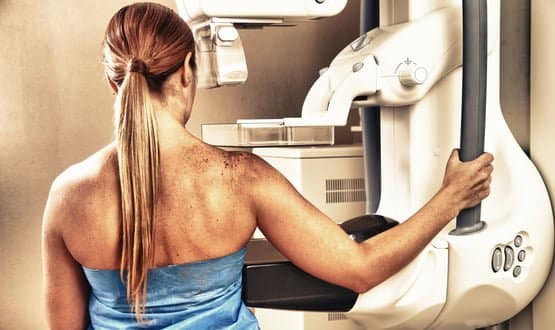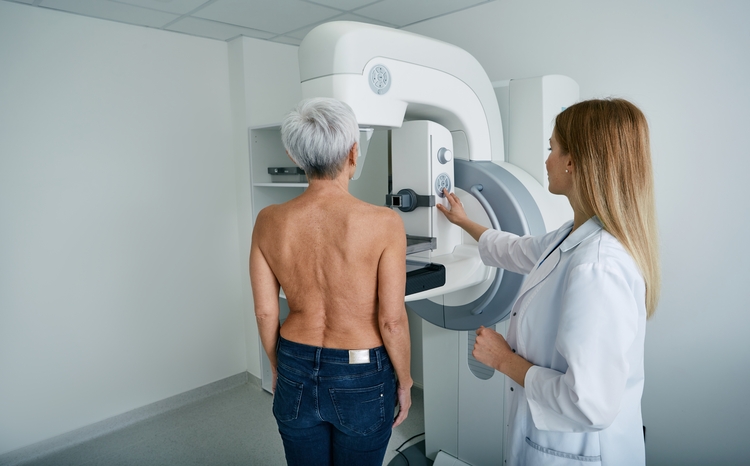12 acute GDEs to receive share of £200m investment for cancer tech
- 30 October 2019

Twelve of the acute Global Digital Exemplars (GDEs) are to receive a share of £200m investment to upgrade cancer testing and detection technology.
The Department of Health and Social Care announced on 30 October that 78 trusts across England will benefit from the funding, which was announced by prime minister, Boris Johnson in September 2019.
Of the 78 trusts, 12 of them are GDEs, NHS England’s flagship programme which aims to create a group of reference sites for NHS digitisation that provide standardised blueprints for other trusts to follow.
They are:
- Newcastle upon Tyne Hospitals NHS Foundation Trust
- South Tyneside and Sunderland NHS Foundation Trust
- Royal Liverpool and Broadgreen University Hospitals NHS Trust
- Salford Royal NHS Foundation Trust
- Cambridge University Hospitals NHS Foundation Trust
- Royal Free London NHS Foundation Trust
- Imperial College Healthcare NHS Trust (joint exemplar)
- Chelsea and Westminster Hospital NHS Foundation Trust (joint exemplar)
- Oxford University Hospitals NHS Foundation Trust
- Taunton and Somerset NHS Foundation Trust
- University Hospitals Bristol NHS Foundation Trust
- University Hospitals Southampton NHS Foundation Trust
The secretary of state for health and social care, Matt Hancock, said: “This new state-of-the-art equipment for 78 trusts across England will ensure doctors and clinicians can help even more people survive a cancer diagnosis and stop the disease as early as possible.
“It’s mission critical that the technology our NHS uses to prevent and diagnose cancer is bought into the twenty first century.”
The 78 trusts will be able to receive funding over the next two years to replace, refurbish and upgrade:
- CT and MRI scanners, bringing in alternatives with lower radiation levels
- breast screening imaging and assessment equipment
It is hoped that by replacing and upgrading machines efficiency will improve as they are easier to use, they scan and construct images quicker, and reduce the need to re-scan.
It is also hoped the new technology will lead to improved patient experience and earlier diagnosis.
The new equipment also brings new capability, with many machines AI enabled.
Cally Palmer, national cancer director at NHS England, added: “Cancer survival is at a record high thanks to better prevention, earlier diagnosis and world leading treatments in the NHS.
“This major investment in the best modern scanning technology will benefit patients in every part of England, helping us to achieve the NHS Long Term Plan’s ambitions of catching tens of thousands more cancers earlier when they are easier to treat, saving 55,000 more lives every year.”
The full list of the 78 trusts can be found here.





2 Comments
and Mental Health gets …………….
Not sure the title of the article is really reflective of the situation. It feels more like “Regional cancer centres receive funding for imaging equipment. Some are GDEs”
Not really correlation or causation.
Comments are closed.